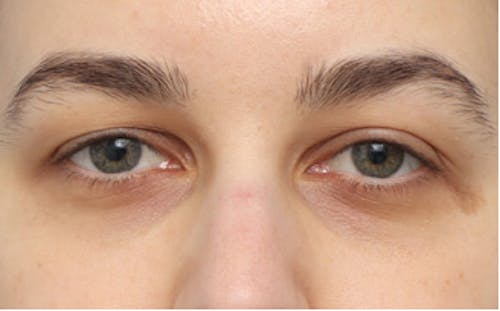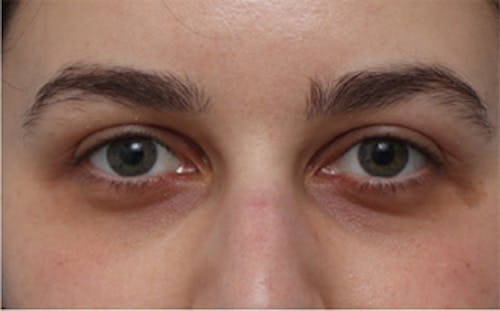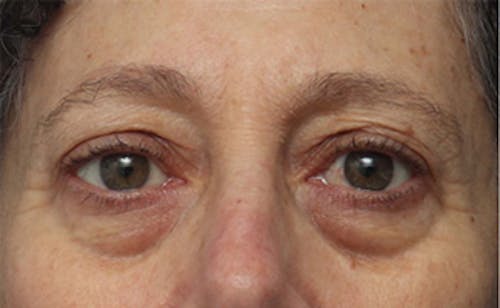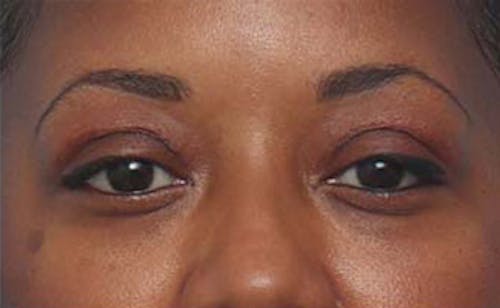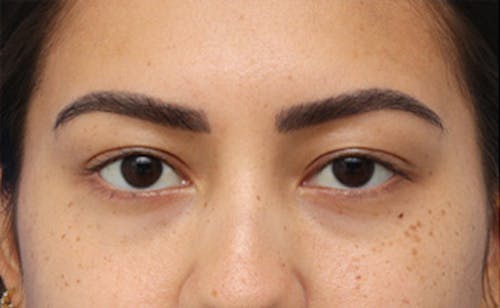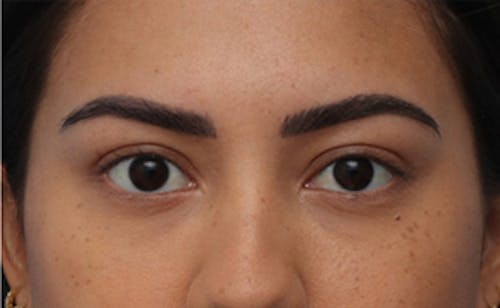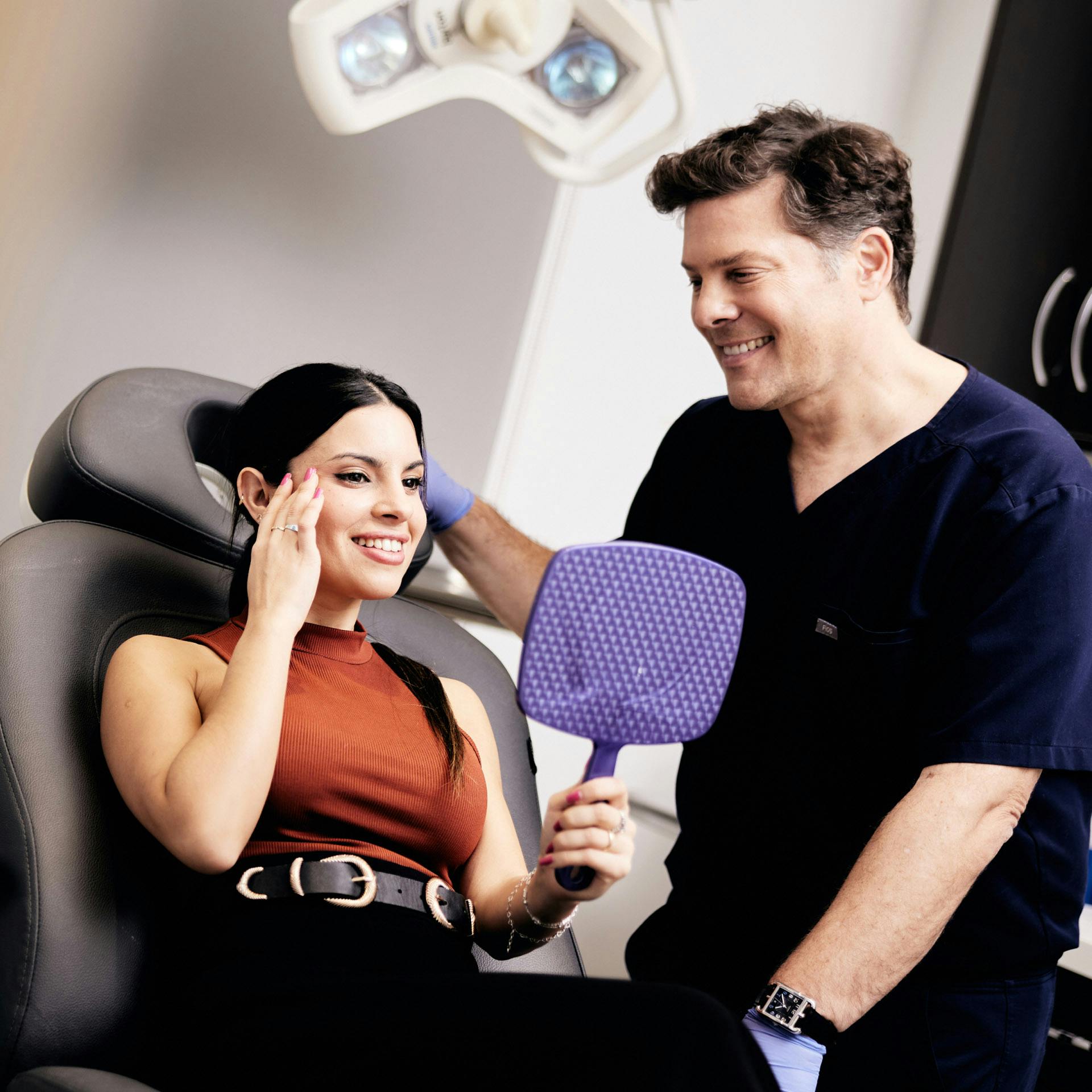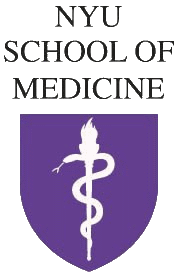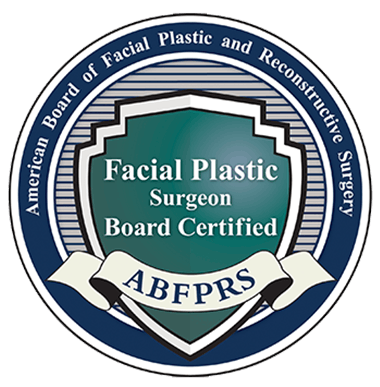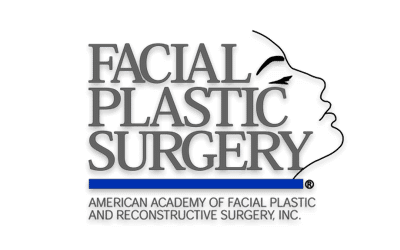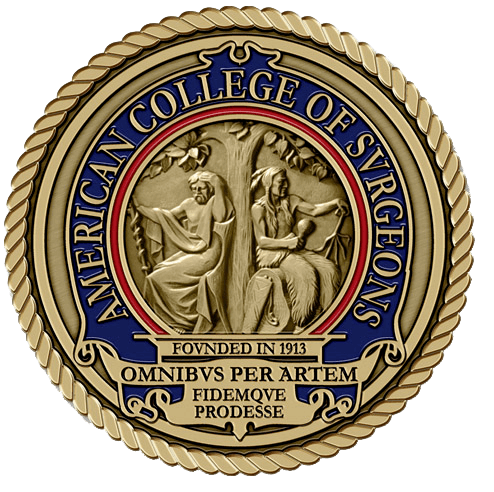As we age, extra fatty tissue and skin can build up around our upper and lower eyelids, causing them to sag, wrinkle, and fold. Because this area is so delicate, it sometimes shows the effects of aging, making us appear older than we are. Our blepharoplasty in NYC offers a solution by removing excess skin and fat, restoring a more youthful and refreshed appearance while improving both aesthetics and, in some cases, vision.
What Is Eyelid Surgery?
An eyelid lift, also known as blepharoplasty, is a cosmetic surgical procedure aimed at rejuvenating the appearance of the eyelids. This procedure addresses issues such as:
- Sagging or drooping eyelids
- Excess fatty deposits that create puffiness
- Wrinkles around the eyes
By removing excess skin and fat and tightening the surrounding muscles, our eyelid surgery in NYC can help create a more youthful and refreshed look. The surgery can be performed on both the upper and lower eyelids, depending on the patient’s specific needs and concerns. Upper eyelid surgery typically involves removing excess skin and fat to improve the appearance of hooded or drooping eyelids. In contrast, lower eyelid surgery focuses on reducing puffiness and smoothing out wrinkles. For the upper eyelids only, if the procedure is deemed medically necessary, it may be covered in part by specific health insurance plans.




